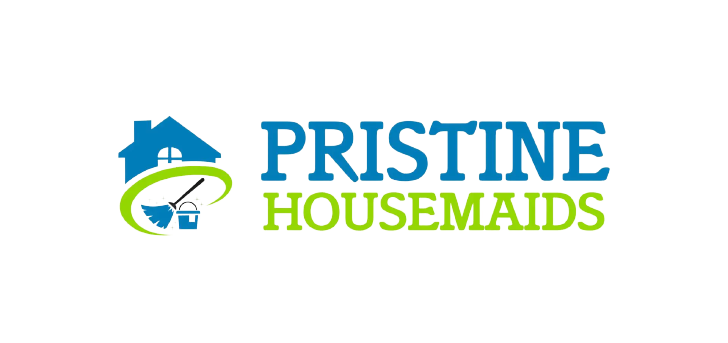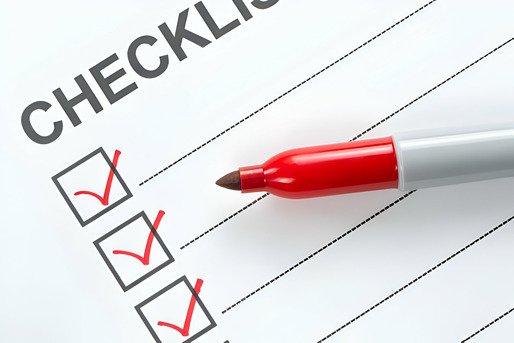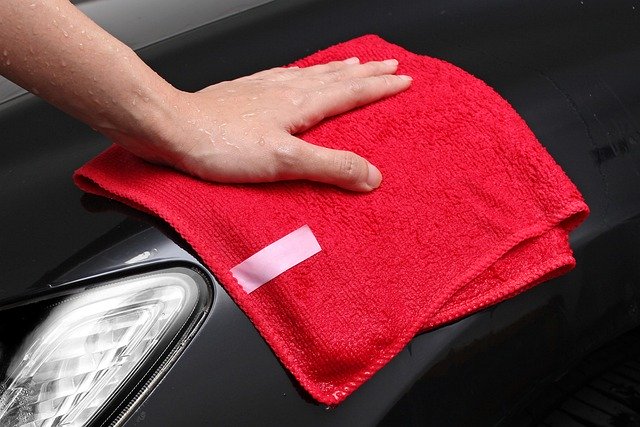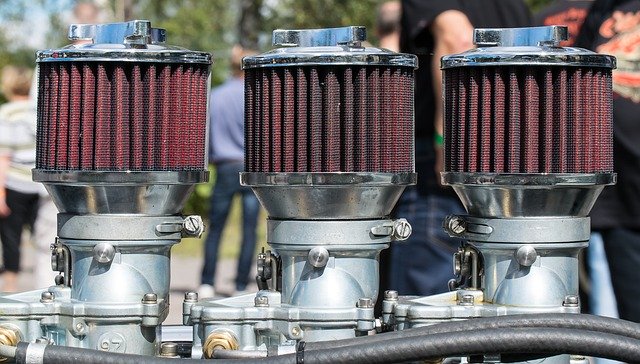Picture this: a cozy winter evening, a crackling fire in your fireplace, and the comforting warmth it provides. Fireplaces and chimneys not only add charm to our homes but also serve as a source of heat during the colder months. However, many homeowners overlook a crucial aspect of fireplace maintenance: regular cleaning. In this article, we will delve into the importance of keeping your home’s fireplaces and chimneys clean. By understanding the significance of regular cleaning of your home’s fireplaces and chimneys and the potential risks associated with neglecting it, you’ll be equipped to ensure the safety and efficiency of your fireplace for years to come.
Table of Contents
The Hazards of Neglecting Fireplace and Chimney Cleaning
- Creosote buildup: Over time, the burning of wood in your fireplace leaves behind a residue called creosote. This sticky substance can accumulate inside your chimney, increasing the risk of chimney fires. Regular cleaning helps remove creosote, preventing dangerous buildups and potential disasters.
- Blockages and obstructions: Debris such as bird nests, leaves, or small animals can find their way into your chimney, obstructing the airflow and reducing its efficiency. Regular cleaning eliminates these blockages, ensuring proper ventilation and preventing harmful gases, like carbon monoxide, from entering your home.
- Structural damage: The harsh elements of weather can cause wear and tear on your chimney’s exterior. If left unchecked, this damage can worsen over time and compromise the structural integrity of the chimney. Regular cleaning allows for early detection of any issues, enabling timely repairs and preventing further damage.
- Poor indoor air quality: A neglected chimney can release harmful pollutants and allergens into your home, leading to poor indoor air quality. Regular cleaning removes soot, debris, and other contaminants, ensuring that the air you breathe indoors remains clean and healthy.
The Benefits of Regular Cleaning
- Enhanced safety: By removing creosote and eliminating blockages, regular cleaning significantly reduces the risk of chimney fires and carbon monoxide poisoning. It provides peace of mind, knowing that your fireplace is safe for use and poses no threat to your home or family.
- Improved efficiency: A clean chimney allows for better airflow and combustion, leading to improved heating efficiency. When your chimney is clear of obstructions, the fire burns more effectively, providing greater warmth and reducing the amount of wood needed to maintain a cozy fire.
- Extended lifespan: Regular cleaning and maintenance can prolong the lifespan of your fireplace and chimney. By addressing small issues early on, you prevent them from developing into larger, more expensive problems. A well-maintained fireplace can serve you and your family for years to come.
- Cost savings: Investing in regular cleaning and maintenance can save you money in the long run. When your chimney operates efficiently, you use less wood and experience fewer breakdowns or repairs. Additionally, addressing minor issues early on helps avoid costly major repairs down the line.
When and How Often Should You Clean?
Determining the frequency of chimney cleaning depends on various factors, including:
- The type of fuel you use: Different fuels produce varying levels of creosote buildup. For example, wood-burning fireplaces typically require more frequent cleaning compared to gas fireplaces.
- Usage: The more you use your fireplace, the more often it needs cleaning. Regular use leads to a faster accumulation of creosote and other debris.
Environmental conditions: If you live in an area with high levels of air pollution, your chimney may require more frequent cleaning to remove soot and contaminants.
- As a general guideline, it is recommended to have your chimney inspected and cleaned at least once a year by a professional chimney sweep. They have the expertise and knowledge to thoroughly clean your chimney and identify any potential issues that may require attention.
DIY Cleaning or Professional Help?
- DIY cleaning: While some homeowners may choose to clean their chimneys themselves, it is essential to exercise caution. Cleaning a chimney involves climbing on the roof and dealing with potential hazards, such as soot and creosote. It requires proper tools, equipment, and knowledge of chimney anatomy. Without adequate experience, DIY cleaning can be risky and may not yield thorough results.
- Professional chimney sweeps: Hiring a professional chimney sweeper offers several advantages. They possess the necessary training, expertise, and specialised tools to clean your chimney effectively. They can also identify potential issues and offer recommendations for repairs or improvements. Professional chimney sweeps ensure a comprehensive and safe cleaning experience, giving you peace of mind.
Conclusion
Regular cleaning is an indispensable part of maintaining the safety, efficiency, and longevity of your home’s fireplaces and chimneys. By addressing creosote buildup, obstructions, and structural damage, you minimize the risk of chimney fires, poor indoor air quality, and costly repairs. Investing in professional chimney cleaning ensures thorough results and expert guidance. So, take the necessary steps to keep your fireplace and chimney in top condition, and enjoy the warmth, comfort, and peace of mind they bring to your home.









